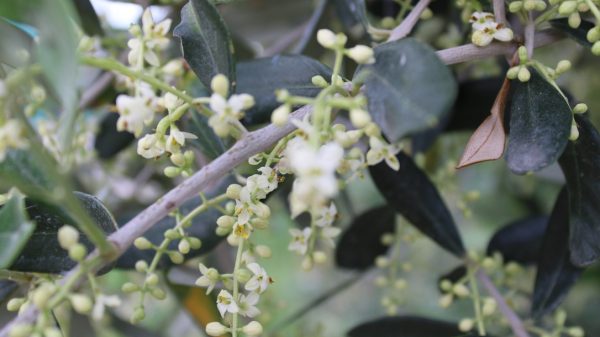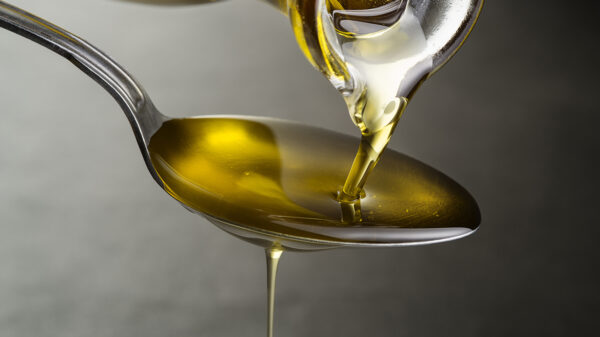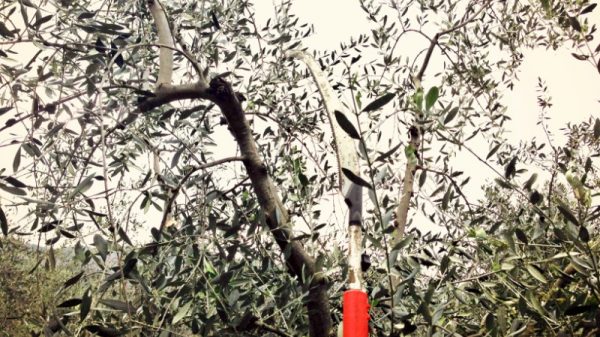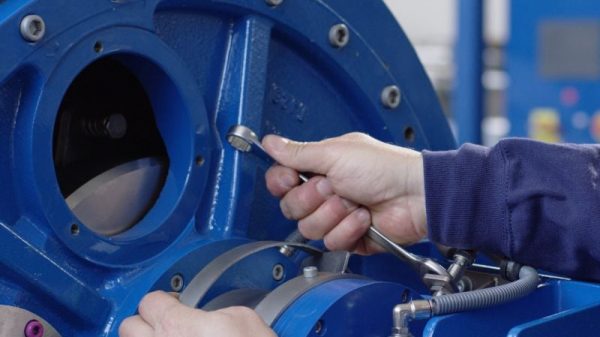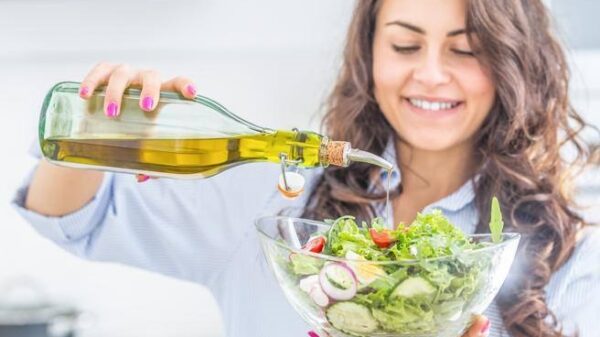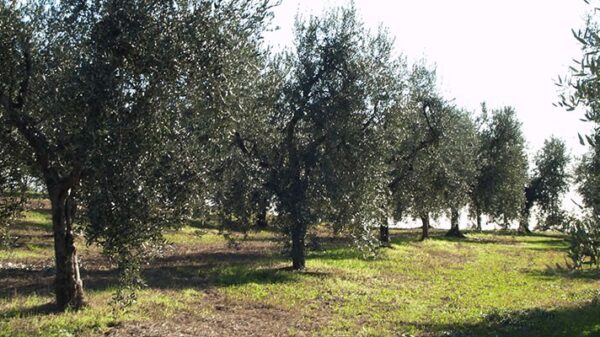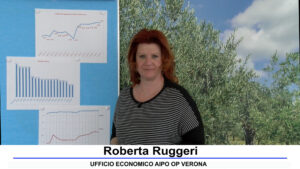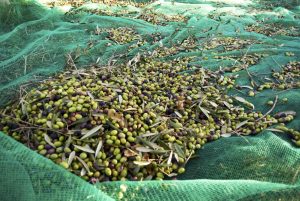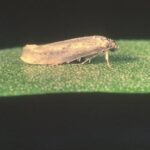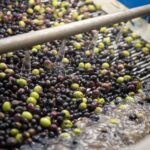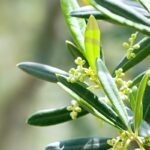Given the strategic importance of the olive tree throughout the Mediterranean area, there is a strong interest in seeking alternative solutions to pesticides. In this precision agriculture can be a support to many olive growers with innovative and precise solutions. The detection of particular environmental parameters allows the preventive identification of the main biotic and abiotic stresses of plants.
From an agronomic point of view, various insects threaten the vegetative state of the olive tree and its production,
the moth palpita vitrealis margaronia, the micromoth Prays oleae olive moth and tephritis Bactrocera oleae, better known as the olive fly.
The aim of this work was the monitoring of the aforementioned pests of the olive tree in two experimental fields in countryside of Altomonte (455 asl, Cosenza, Calabria), with technologically advanced systems capable of detecting data of extreme interest for a more correct and efficient business management. In the olive grove under study, an agrometeorological station was set up equipped with sensors, which, thanks to a data consultation APP/WebAPP, measure the air temperature, relative humidity, rainfall, direction, wind speed and, with an additional sensor, the measurement ofsoil moisture.. The station is also equipped with pheromone traps, a camera and a remotely controlled data transmission system. Some traps have been installed in the young plant, which has cv plants Nocellara from Belize e Coratin, and others installed instead in an olive grove made up of plants aged between 20 and 30 of the CV Round bar.
The results obtained so far have allowed a sudden reaction capable of avoiding the onset of massive parasitic attacks thus allowing the optimization of work and company resources. The application of site-specific agronomic inputs has the main advantage of providing well-defined quality standards and protecting the vegetative/productive balance of the olive groves over time, while rationalizing and reducing external inputs (fertilisation, irrigation, treatments, processing) for both economic and environmental sustainability.
Veronica Vizzarri, Francesco Zaffina, Innocenzo Muzzalupo – CREA Rende (Cs)
V National Congress of Olives and Oil - Alghero
